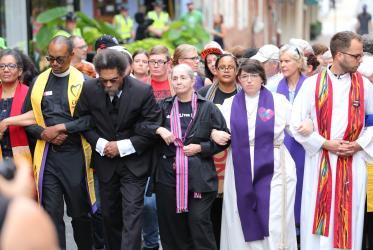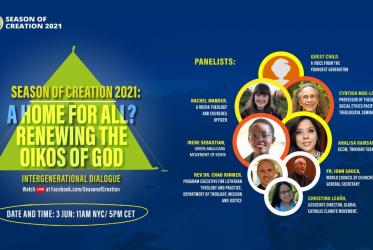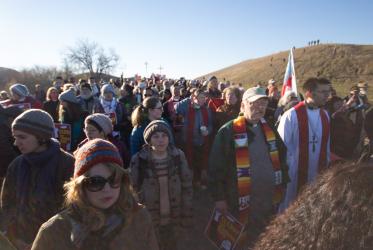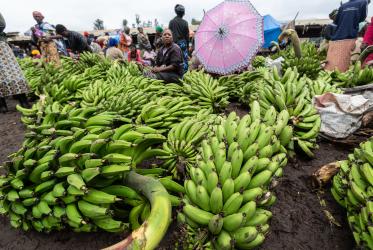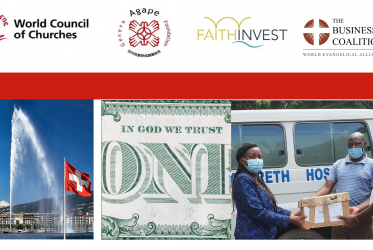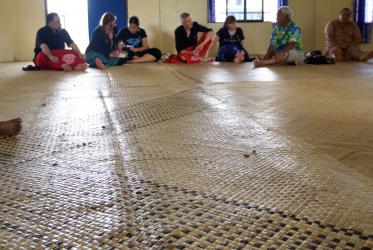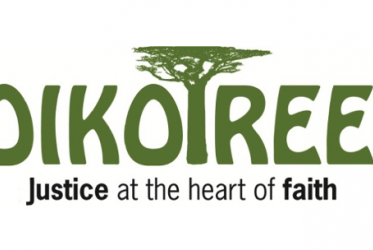Displaying 161 - 180 of 253
Ecumenical International Youth Day 2021 Event Toolkit
Young People and Climate Justice
06 August 2021
Online event-“Anti-racist in Christ? Ecumenical Christian Repentance, Reflection and Action on Racial Discrimination and Xenophobia.”
14 - 17 June 2021
https://us02web.zoom.us/webinar/register/WN_U6s791s5TPqMZAywAFMdYA
Season of Creation Intergenerational Dialogue
03 June 2021
Reweaving the Ecological Mat - Pacific Voices for a New Creation
04 February 2021
Rethinking Ecological Relationships in the Anthropocene era
11 - 13 February 2021





